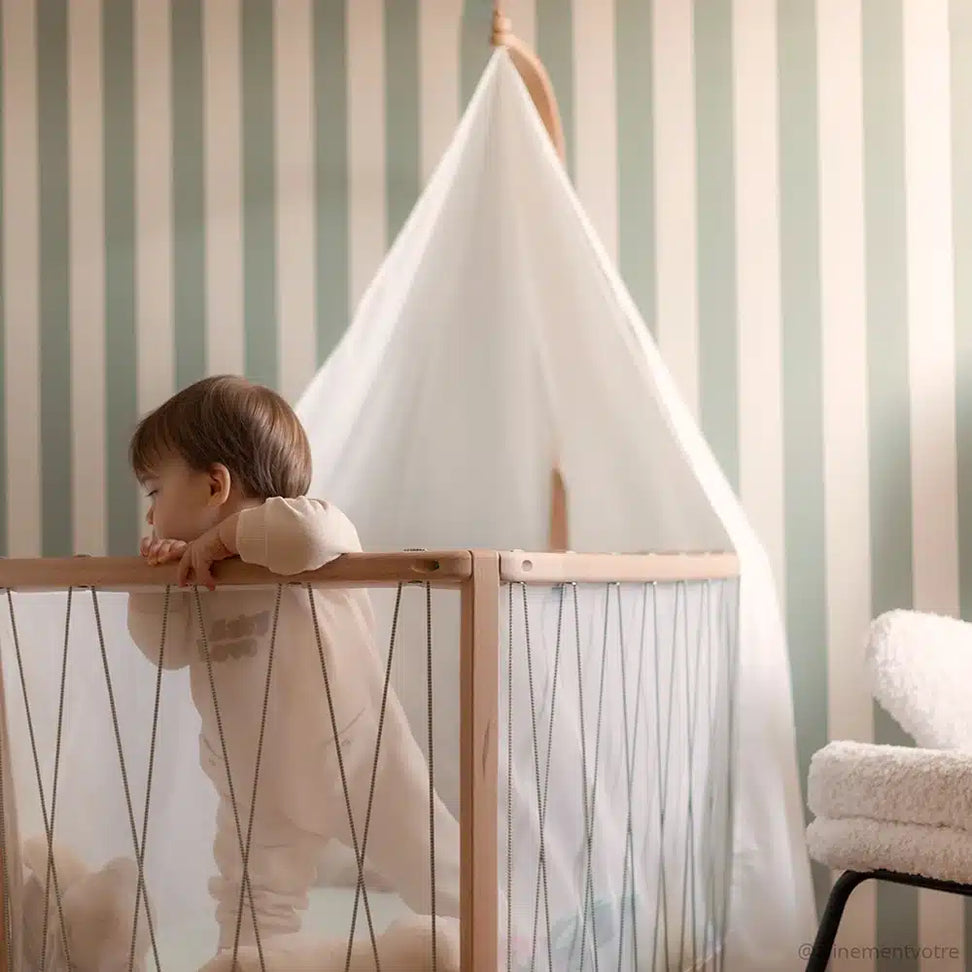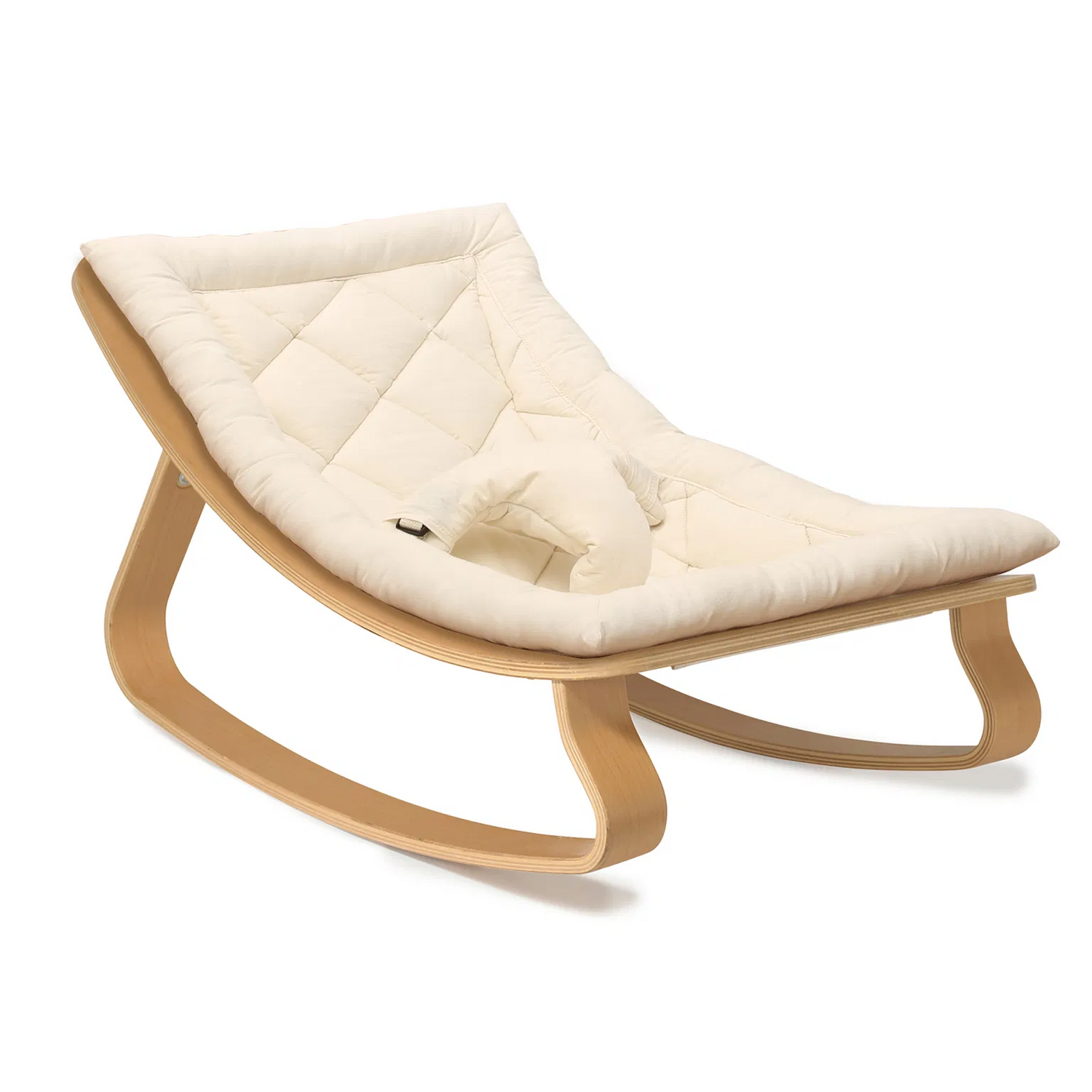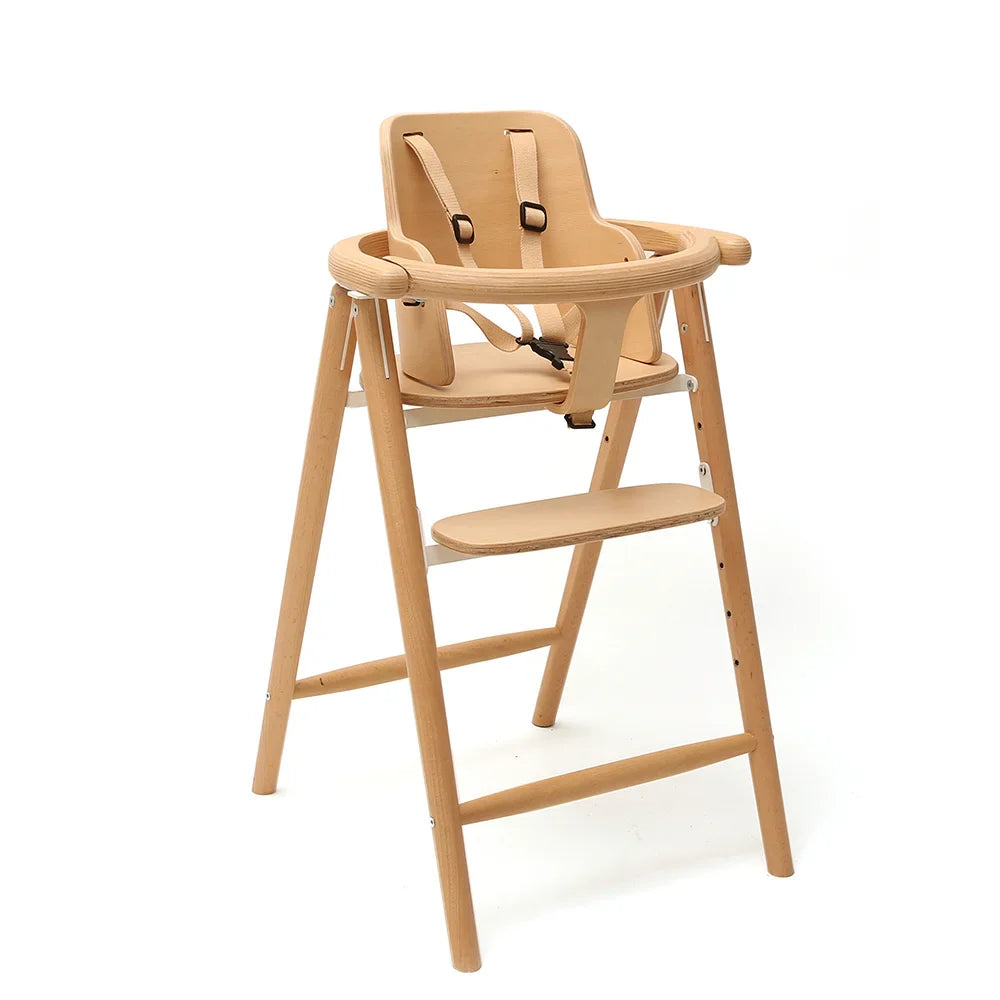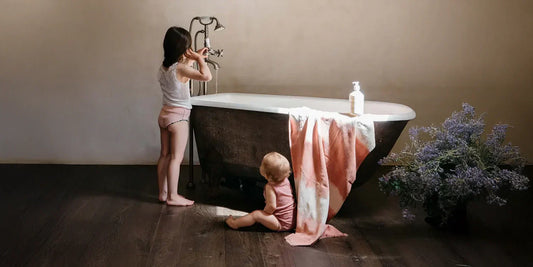When Should a Baby Sleep in Their Own Room? A Complete Guide for Parents

This guide explains everything you need to know about baby sleeping in their own room, with expert tips, recommended sleep routines, and advice backed by U.S. medical sources.
Baby Sleeping in Parents’ Room: What Experts Recommend
The American Academy of Pediatrics (AAP) recommends that babies sleep in the same room as their parents—but not in the same bed—for at least the first 6 months, and ideally up to 12 months.
"Room-sharing without bed-sharing for at least 6 months significantly reduces the risk of Sudden Infant Death Syndrome (SIDS)." — AAP Safe Sleep Guidelines, 2022
Room-sharing also supports breastfeeding and lets you respond quickly to your baby’s needs during the night.

When Can a Baby Sleep in Their Own Room?
Most babies begin developing more regular sleep patterns around 6 months. According to experts like Dr. Harvey Karp and sleep consultants like Cara Dumaplin, babies can start sleeping in their own room at this point—if they’re emotionally ready and can sleep for longer stretches.
Signs your baby may be ready to sleep alone:
- They sleep 5–6 hours straight at night.
- They fall asleep with a consistent bedtime routine.
- They nap comfortably in their crib or room.
- They don’t need constant parental presence to fall asleep.
 How to Transition Your Baby to Their Own Room
How to Transition Your Baby to Their Own Room
1. Prepare the Space
Create a quiet, cozy room with soft lighting, a white noise machine, and a breathable crib mattress. Some parents place a shirt with their scent nearby to comfort the baby.
2. Start With Daytime Naps
Let your baby nap in their new room during the day. This helps them gradually get used to the environment.
3. Create a Consistent Bedtime Routine
Experts like Dr. Laura Markham emphasize that babies feel more secure when bedtime is predictable. Try a soothing routine: bath, lullaby, short story, and cuddles.
4. Offer Gentle Reassurance
Use a baby monitor and stay in the room for a few minutes if needed. The goal is to build confidence without creating dependence.
What If Baby Cries or Refuses?
It’s normal for babies to resist change. Pediatrician Dr. Mona Amin reminds parents that crying is communication—not manipulation.
"Babies cry to communicate, not manipulate. It’s our job to listen and support them." — Dr. Mona Amin
Stay calm, consistent, and comforting. Avoid going back to bed-sharing, but do offer your presence and support as needed.
Supporting Parents Through the Transition
Letting your baby sleep alone can be emotional. Some parents feel guilt or anxiety. Remember, you're helping your baby grow, not pulling away. You're still nearby, responsive, and loving.
 Key Takeaways
Key Takeaways
- Most babies are ready for their own room around 6 months.
- Follow your baby’s cues and go at their pace.
- Build a calming environment and use consistent sleep routines.
- Stay close, supportive, and confident—you’ve got this.








